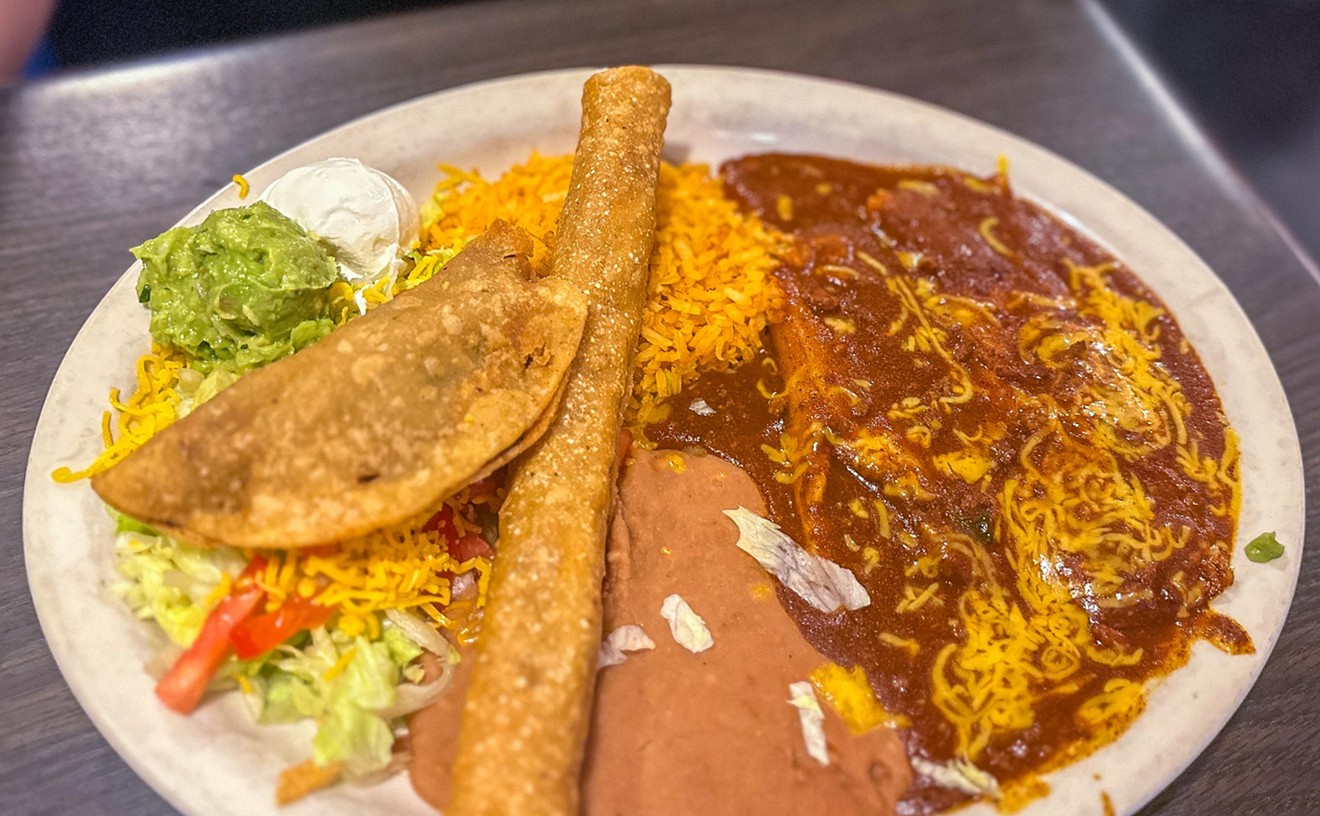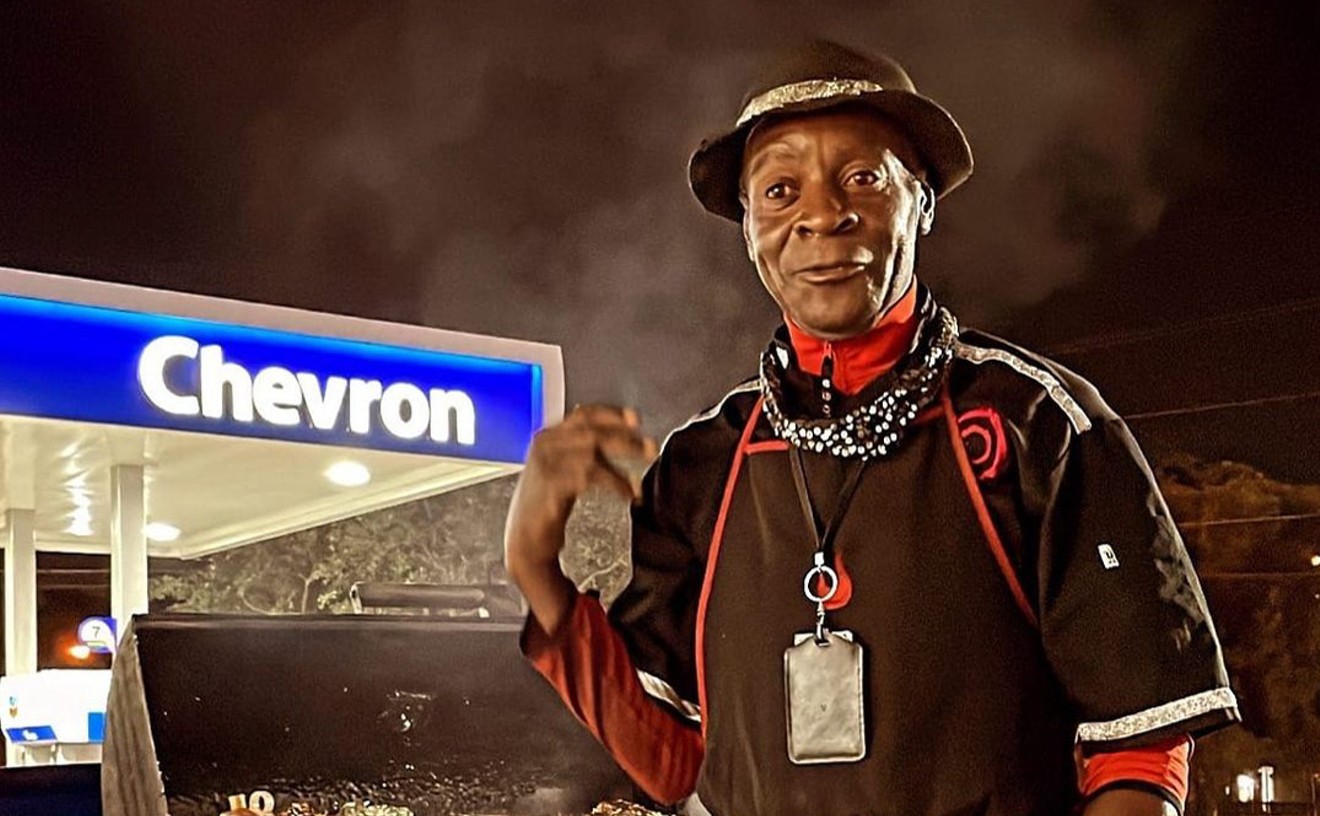It's hard to find people who agree with me here, but food diaries are worthless.
A food diary is a log of everything you ate, where and who you ate it with and what you were feeling as you ate it, (Everyone who jots down "hungry" gets a C. Dig deeper than that.) I kept food diaries off and on throughout the past few years, as inspired and guided by information from Physicians Guide to Outpatient Nutrition by doctors/nutritionists/superheroes Sylvia A. Moore and John P. Nagle. This and other health websites provided not only information, but actual diary templates. How could I fail? I failed. It was terrible. Keeping a food diary was like constantly making a list of things I did wrong. Once, I made a Wordle out of my food diary, and it turned out a giant CALORIES dusted with other words. The second largest word was CHEESESTICK.
There could be a correlation there.
Australian nutritionist Susie Burell once believed that food diaries caused too much guilt and obsession with food. Then she converted and now sees food diaries as a portion management tool and a map to see where one veered off the weight loss track. And I think she's right both times: Food diaries can be helpful in monitoring food intake, so long as one is at (or about to make a summit push for) the peak of mental health or isn't ashamed of eating food. I can't shake the embarrassment of staying inside to write down everything I eat, while the rest of the class gets to go outside and play and remember everything they ate.
I kept a food diary to learn healthier eating habits and to become more self-aware, not to lose weight. And isn't portion control the key to eating healthy? Portion control is what drives the Weight Watchers point system and calorie counting and carb counting and any other kind of counting. It says, "You had all this, so you can't have that."In step with Burell's early diagnosis, my food diaries warped my view on food. After the jump, my top five reasons food diaries hamper healthy eating, and why eating responsibility doesn't need tangible proof.
It's time consuming, and can cause, not prevent, overeating Pausing after every meal to write down the size of a peanut butter sandwich and the feeling it evoked (two slices of bread, one tablespoon peanut butter, by myself at my desk and I felt sad and then my mouth felt sticky) reminded me of the jerky motion of riding in a car with a manual gear shift. Instead of constantly pulling out a diary, some eaters try making a daily game plan, but that inhibits the opportunity for variety. And if they don't stick to it, it could mean crashing and binging later.
Opens up rationalizing and cheating Unless you're working with a nutritionist, nobody monitors a food diary besides you, which leads to negotiation. "I used the slices of bread closest to the heel, which means they were smaller and slimmer, so that's like, what, 70 calories right there. And I couldn't even taste the peanut butter, so I probably only had a third of a serving." It's hard to be honest when you're staring down 300 calories in a sandwich. Recording what you eat means nothing if it's not accurate, which will cause frustration when weight goals aren't met. It takes away your body's responsibility of telling you when you're full and makes you dependent on a log. "I can't be full. Remember what I said about eating the heel pieces?" And if you cheat, food is some strange cross between guilt and a reward.
Forces you to explore your subconscious The "feelings" part is the worst part of the exercise. Constantly recording food makes you see it in the abstract, and deconstructing it (metaphorically) makes you believe that eating is something that satisfies an emotion apart from hunger. "Why did I eat a peanut butter sandwich? Am I still clinging onto some event in my childhood because I'm unsatisfied with my current life, and peanut butter is a shroud of emotional comfort? Am I afraid to have ambition and look for a more lucrative job, so I can afford better lunchtime food?" I missed just eating a sandwich and moving along with my day, instead of figuring out how that sandwich fits into the universe.
Causes you to skip snacks or meals and wallow in laziness You know that whole think about how your body is a campfire, or something, and requires consistent fuel? That's why "grazing" (what a terrible word) is in vogue, so nutritionists say to eat every three hours. But writing down everything is a pain, and the guilt from cheating is an even bigger pain, so I stopped snacking, leaving me tired and cranky between meals. And then I thought, if I'm not going to exercise, and I'm not going to eat five crackers because I don't want to write them down or explore my feelings on them, what's the point of having functioning legs and a jaw, which was a more dangerous spiral than unrecorded snacking.
Mostly, it causes obsession It was when I Googled "IHOP calorie count" that I realized hated my food diary. As Burell predicted, I didn't enjoy eating because food was nothing but an equation. Logging everything I ate turned into a compulsion, and when I didn't feel hungry (a common emotion discovered by users at healthygirl.org), I felt guilty, and the whole thing was stupid. It meant that I couldn't trust myself to make good decisions and put me farther away from my healthy eating goals.
After years of experience, Burell agreed that food diaries are helpful tools to monitor food intake. Food diaries are recommended to people recovering from eating disorders or trying to lose weight. Nutritionists say it helps you balance what you put in your body. But I say to get there, you first have to be disgusted with how you eat, and that kind of self-deprecation is something I'd rather shrug off.










